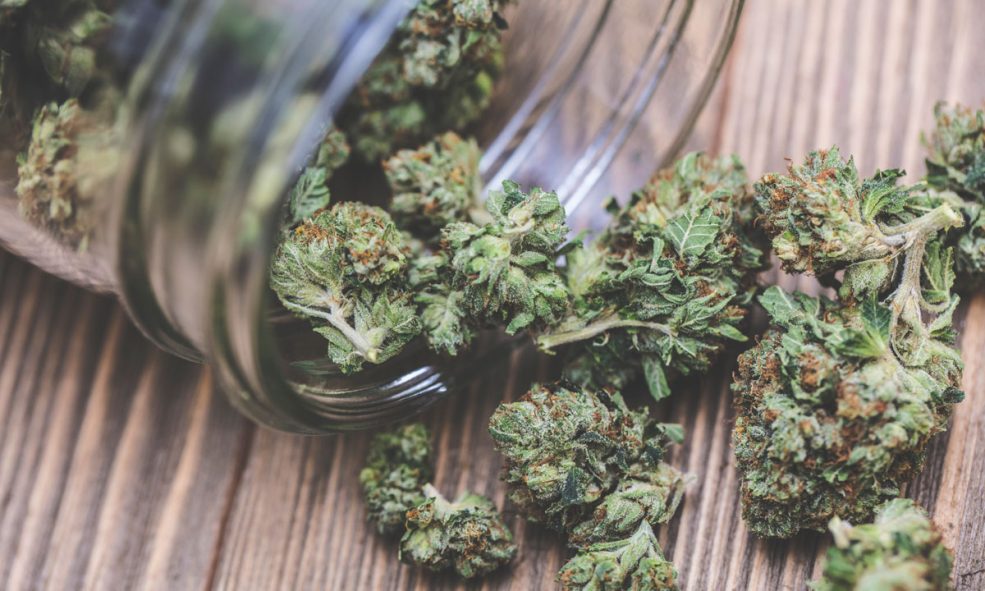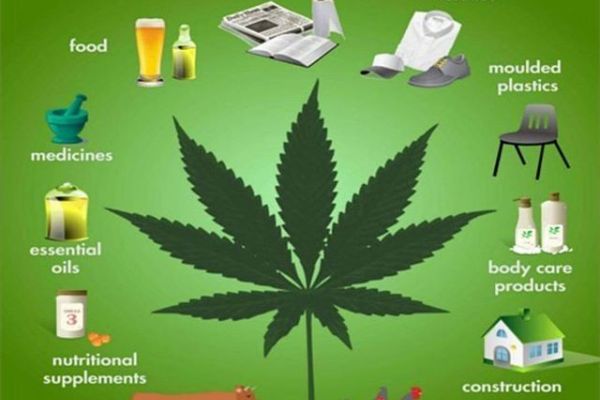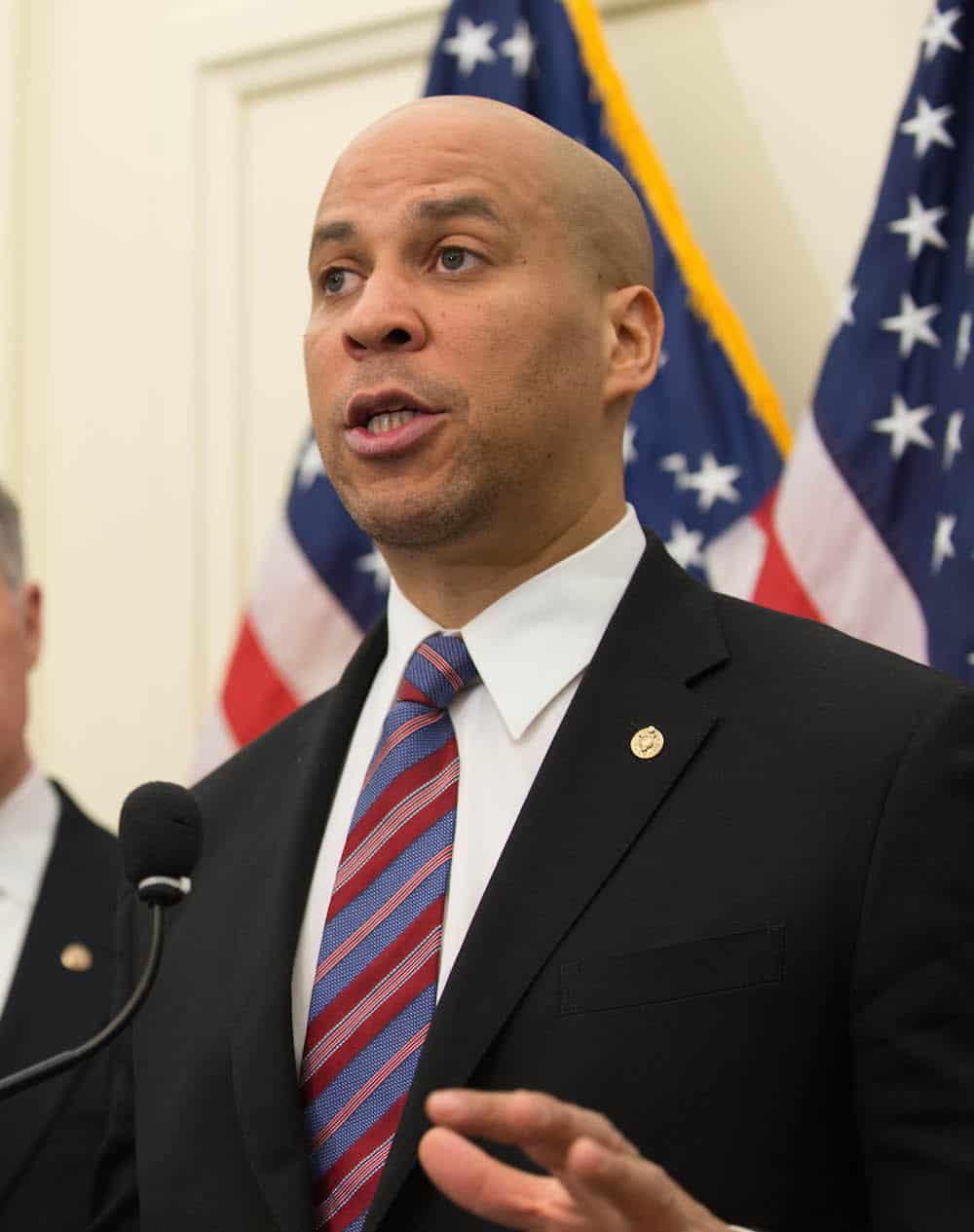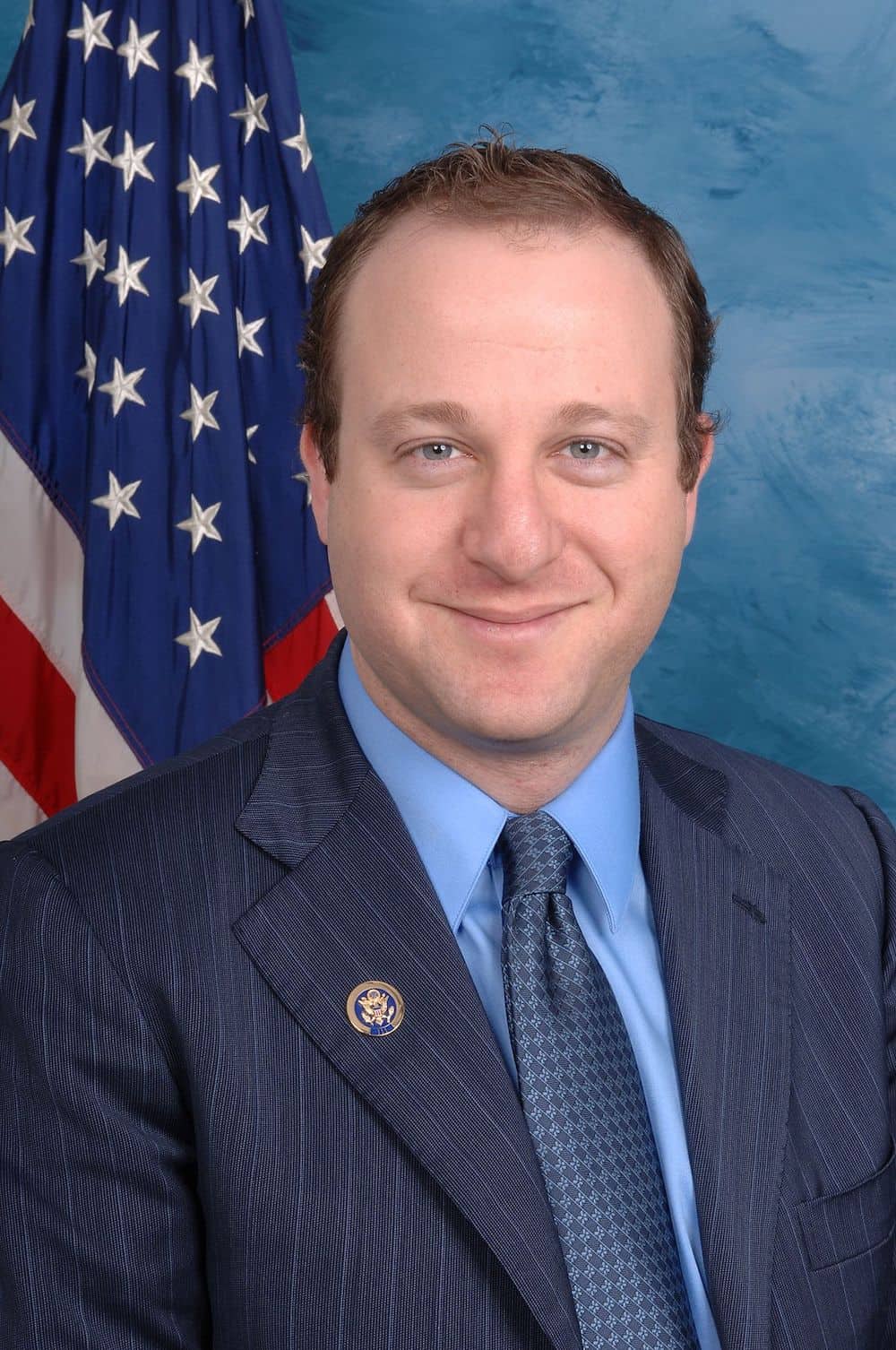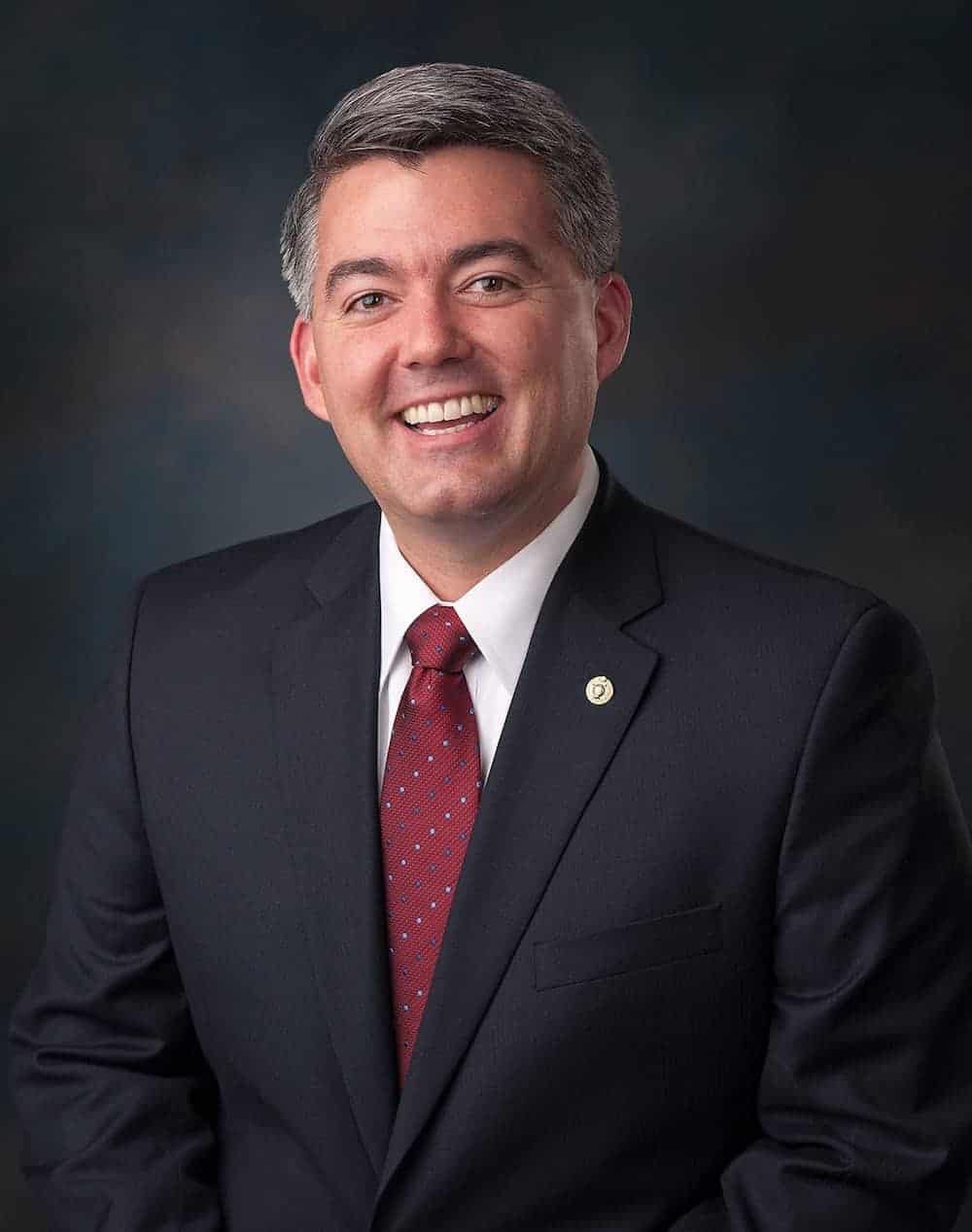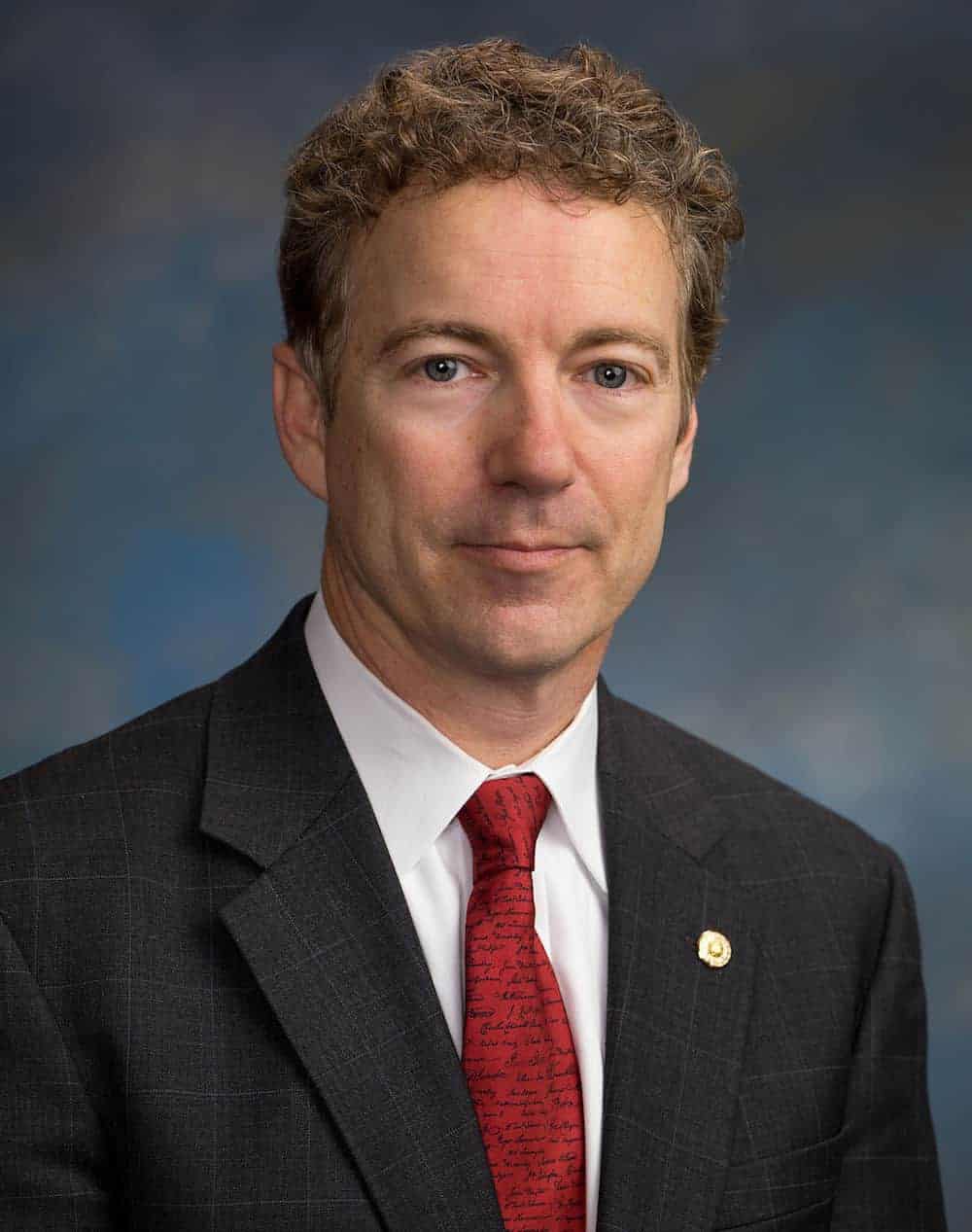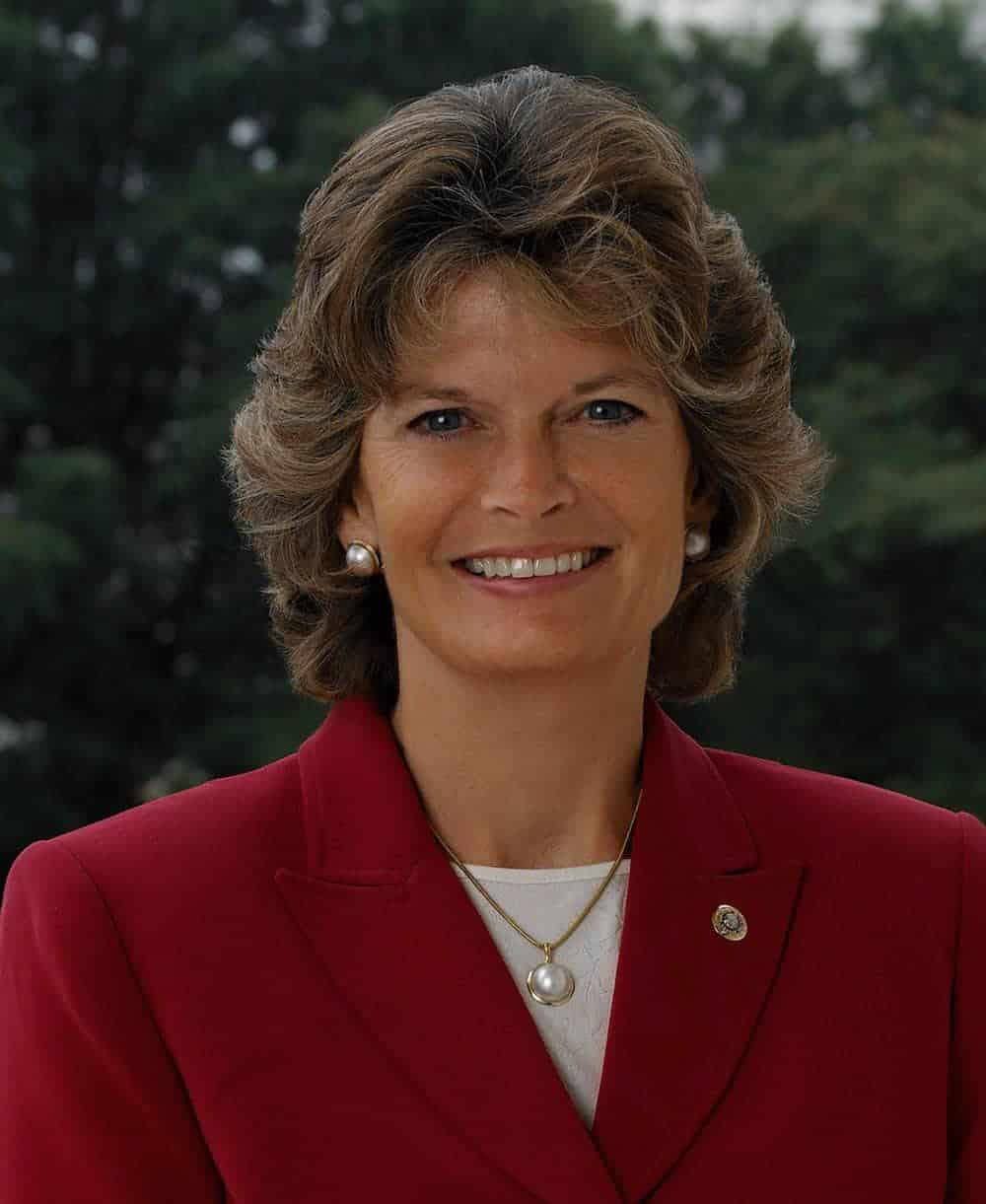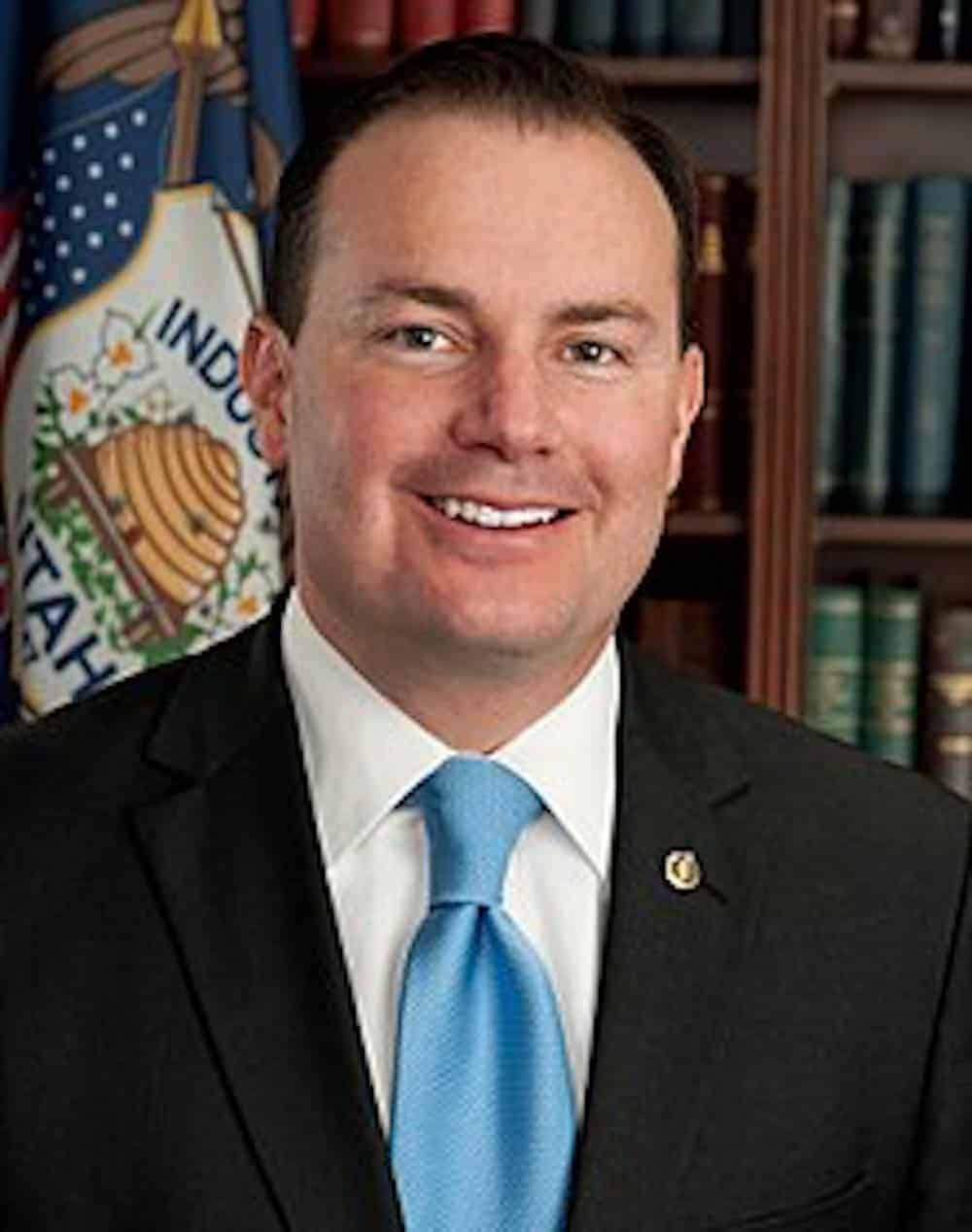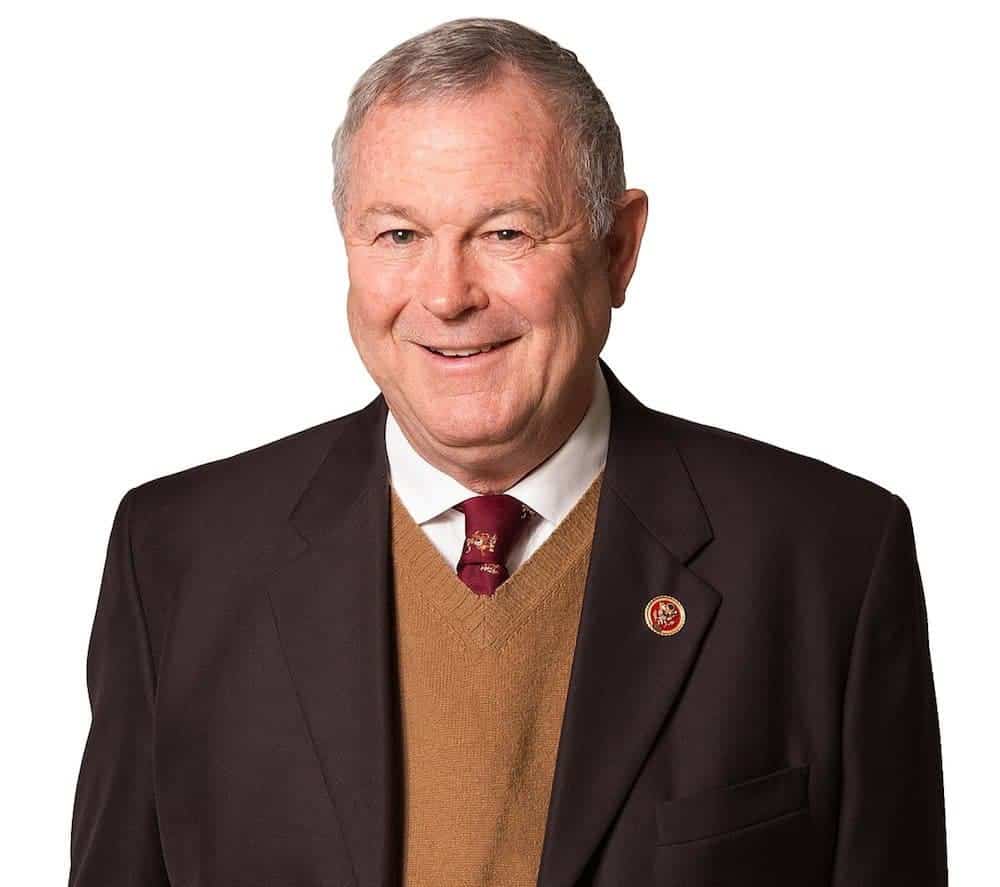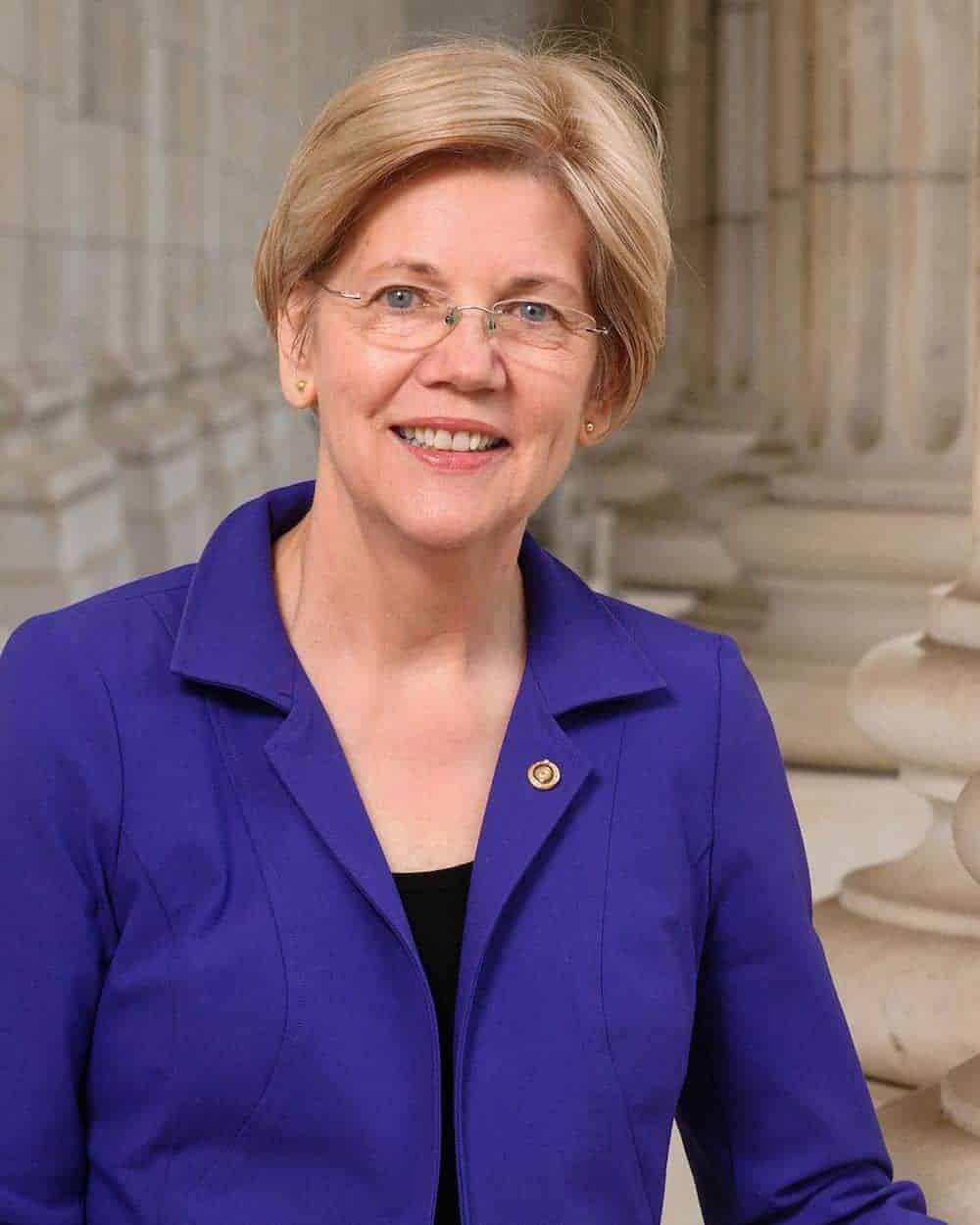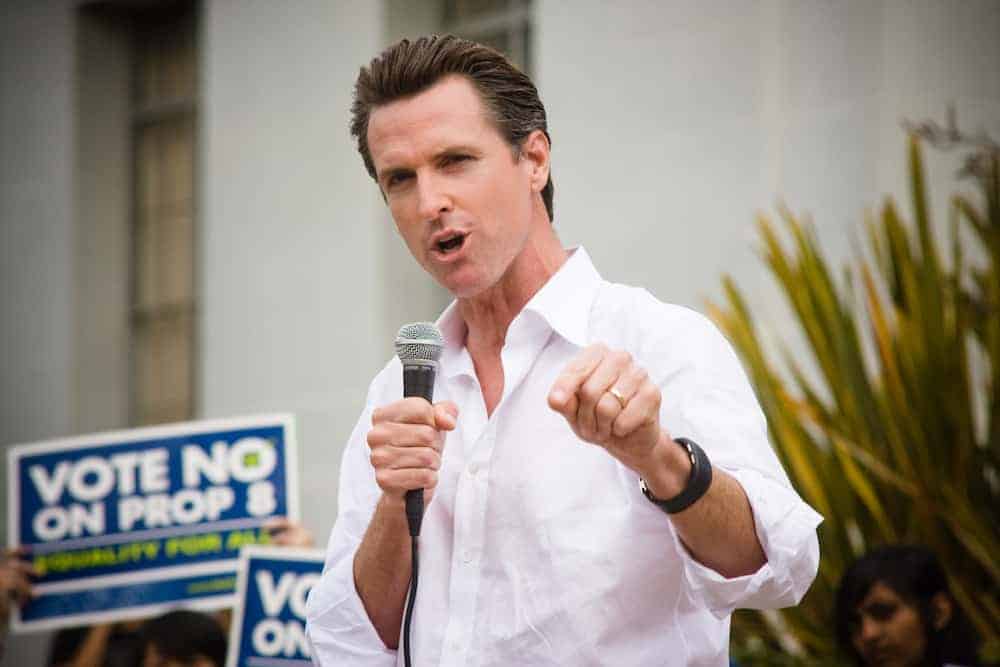Why Are Mexican Cartels Giving Up Growing Marijuana
Cartels in Mexico are realizing that attempting to compete with the US in relation to cannabis is a futile attempt. Over the past few years, we have seen a decline in volume from the Southern Border because US consumers have better options right at home.
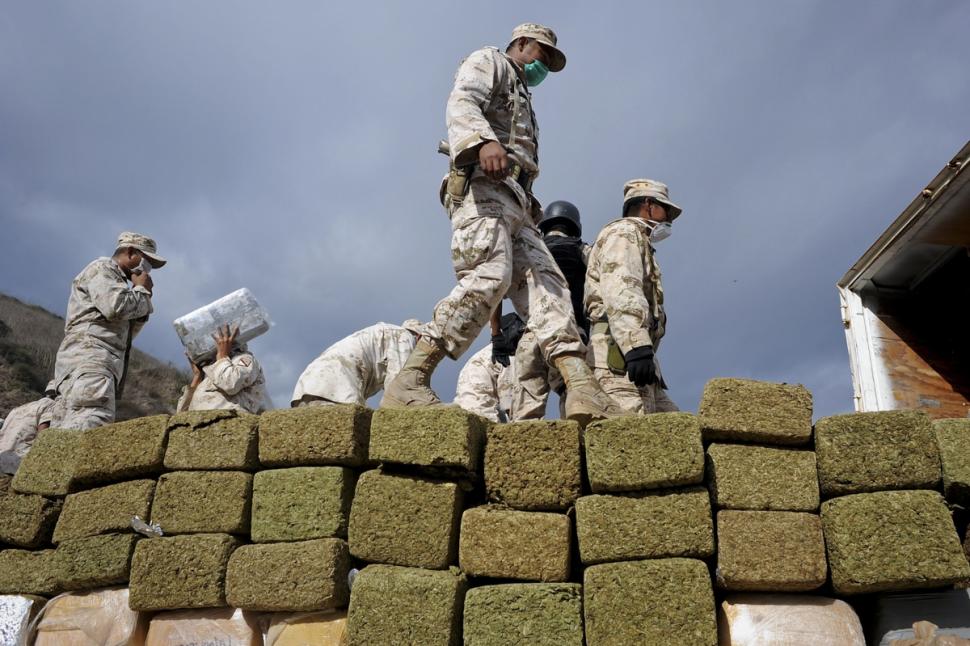
As a result, there are fewer cannabis farms in Mexico and cartels are starting to switch out their crops to poppies and synthetics such as Fentanyl and Chrystal Meth. While some might argue that this is a bad thing, we should see the underlying message behind it all – Legalization Effectively Cuts out Cartels from the Drug Game. Cannabis should be our example. Right now, cannabis isn’t legal all over the US, however if it were legalized tomorrow, the Cartel Cannabis business would diminish to a point of non-existence within a matter of years.

Cartels simply don’t have the resources to compete with the free market. It was the same for alcohol. The moment the Free market got involved, mafiosos could no longer compete and thus legitimate businesses were established to supply the demand. If the Federal government wants to not only reduce drugs flowing from the Southern Boarder, but reduce costs at enforcing border security, legalizing cannabis is a step in the right direction.
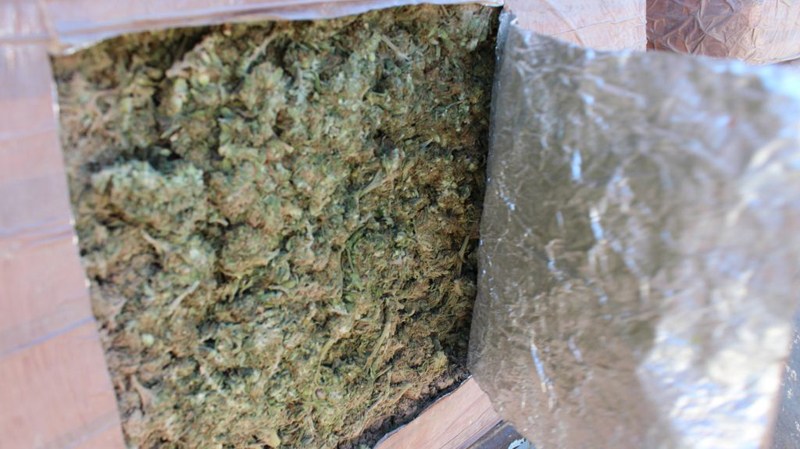
Going a step further, legalizing all drugs in one way or another could completely push drug cartels out of the picture. Of course, this wouldn’t occur overnight because cartels have an international infrastructure in place, however as the legal market matures…cartels will lose grounds gradually until they are completely removed from the equation.
Cannabis legalizing serves as a model for all other drugs. Sure, cannabis is not as dangerous as heroin, however despite the danger profile of the drug, people who consume heroin will consume it whether it’s legal or not. We saw this with cannabis.
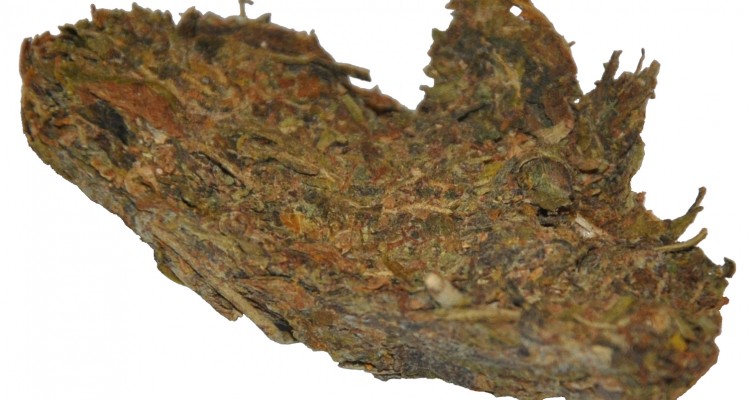
Even though there were harsh laws against the use of the plant, people continued to smoke it despite risking their freedom to do so. It is no different with all of the other drugs on the table. People, irrespective of the prohibitionist laws on the books, will continue to consume illicit drugs. After 5 decades of a corrosive drug policy, we should have learned this lesson by now.
Thus, understanding that laws do not deter people from consuming or not consuming, the smartest approach is harm reduction. In terms of harm reduction, the best approach is to have all drugs legalized and reclassified. The reclassification of the drugs should be based on their danger profile.

For instance, having cannabis in the hands of the Free market is a good idea, but heroin wouldn’t be since it’s infinitely more addictive and dangerous. However, if you were to dispense heroin/methadone in regulated safe zones, and not charge users for their doses…you would effectively be dealing with a plethora of side effects in one full swoop including;
Cannabis, has been proven to be safe post legalization. We didn’t see the increase of violence, decrease of productivity or an increase of underage consumption as was touted by prohibitionists for years. It has proven to be more effective to legalize and control a drug than flat out prohibition.
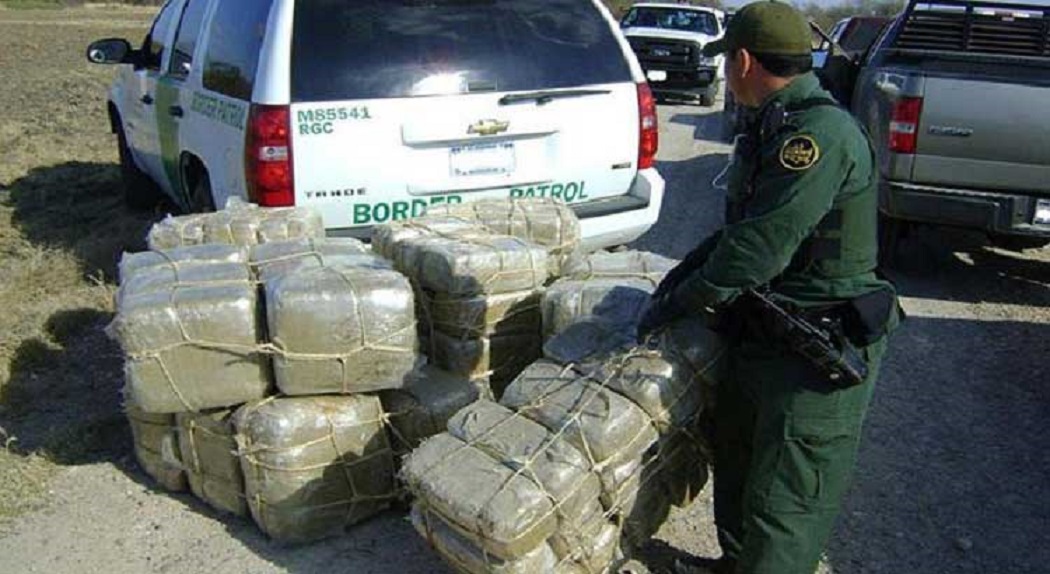
The United States is close to legalization. Enough public support has been rounded up for politicians to start talking about measures of legalizing. Hell, the legalizing effect of cannabis is even affecting countries such as Mexico that has embraced a form of legal medical marijuana within their borders. Even the Secretary of Tourism is touting for legalized recreational marijuana in places such as Quintana Roo and Jalisco (Cancun, Puerto Vallarta) with the hopes of lowering violence and generating new revenue streams.

We are seeing real-world examples of how cannabis legalization actually helps society and it’s time that the American people no longer accepts the draconian policies that were forced upon a free society under the guise of “justice”. Cannabis prohibition isn’t constitutional. It goes against the principles of a free society. For the sake of our own humanity, for the future of our society…it’s time we completely repeal anti-cannabis laws once and for all. We have tried prohibition for 80 years and it has failed miserably.
Of course, there are entire government institutions based on the existence of prohibition, however this is no reason to maintain a policy that jeopardizes the health and safety of the citizens. We’ll see how 2018 plays out in the world of cannabis, and I’ll be there every step of the way to provide my analysis of the events that are to unfold.
Cartels in Mexico are realizing that attempting to compete with the US in relation to cannabis is a futile attempt. Over the past few years, we have seen a decline in volume from the Southern Border because US consumers have better options right at home.

As a result, there are fewer cannabis farms in Mexico and cartels are starting to switch out their crops to poppies and synthetics such as Fentanyl and Chrystal Meth. While some might argue that this is a bad thing, we should see the underlying message behind it all – Legalization Effectively Cuts out Cartels from the Drug Game. Cannabis should be our example. Right now, cannabis isn’t legal all over the US, however if it were legalized tomorrow, the Cartel Cannabis business would diminish to a point of non-existence within a matter of years.

Cartels simply don’t have the resources to compete with the free market. It was the same for alcohol. The moment the Free market got involved, mafiosos could no longer compete and thus legitimate businesses were established to supply the demand. If the Federal government wants to not only reduce drugs flowing from the Southern Boarder, but reduce costs at enforcing border security, legalizing cannabis is a step in the right direction.

Going a step further, legalizing all drugs in one way or another could completely push drug cartels out of the picture. Of course, this wouldn’t occur overnight because cartels have an international infrastructure in place, however as the legal market matures…cartels will lose grounds gradually until they are completely removed from the equation.
Cannabis legalizing serves as a model for all other drugs. Sure, cannabis is not as dangerous as heroin, however despite the danger profile of the drug, people who consume heroin will consume it whether it’s legal or not. We saw this with cannabis.

Even though there were harsh laws against the use of the plant, people continued to smoke it despite risking their freedom to do so. It is no different with all of the other drugs on the table. People, irrespective of the prohibitionist laws on the books, will continue to consume illicit drugs. After 5 decades of a corrosive drug policy, we should have learned this lesson by now.
Thus, understanding that laws do not deter people from consuming or not consuming, the smartest approach is harm reduction. In terms of harm reduction, the best approach is to have all drugs legalized and reclassified. The reclassification of the drugs should be based on their danger profile.

For instance, having cannabis in the hands of the Free market is a good idea, but heroin wouldn’t be since it’s infinitely more addictive and dangerous. However, if you were to dispense heroin/methadone in regulated safe zones, and not charge users for their doses…you would effectively be dealing with a plethora of side effects in one full swoop including;
- Reduction of STDs
- Reduction of crime and violence
- Reduction of petty crimes
- Stronger monitoring potential for addicts
- A legal pathway of kicking the habit
Cannabis, has been proven to be safe post legalization. We didn’t see the increase of violence, decrease of productivity or an increase of underage consumption as was touted by prohibitionists for years. It has proven to be more effective to legalize and control a drug than flat out prohibition.

The United States is close to legalization. Enough public support has been rounded up for politicians to start talking about measures of legalizing. Hell, the legalizing effect of cannabis is even affecting countries such as Mexico that has embraced a form of legal medical marijuana within their borders. Even the Secretary of Tourism is touting for legalized recreational marijuana in places such as Quintana Roo and Jalisco (Cancun, Puerto Vallarta) with the hopes of lowering violence and generating new revenue streams.

We are seeing real-world examples of how cannabis legalization actually helps society and it’s time that the American people no longer accepts the draconian policies that were forced upon a free society under the guise of “justice”. Cannabis prohibition isn’t constitutional. It goes against the principles of a free society. For the sake of our own humanity, for the future of our society…it’s time we completely repeal anti-cannabis laws once and for all. We have tried prohibition for 80 years and it has failed miserably.
Of course, there are entire government institutions based on the existence of prohibition, however this is no reason to maintain a policy that jeopardizes the health and safety of the citizens. We’ll see how 2018 plays out in the world of cannabis, and I’ll be there every step of the way to provide my analysis of the events that are to unfold.
